先ほど、飼い猫に鼻を噛まれました。残念ながら、顔にすりすりしたのが相当お気に召さなかったようで、今僕の鼻筋には2つの小さな穴があります。そんなことから、今日は怪我に関する様々な英語を紹介することにしました。
怪我をした時の基本的な英語hurtとinjury
まず、 hurt という動詞を紹介します。 hurt は大人も使いますが、どちらかというと子供の方がよく使います。
I/he/weなど + hurt + my/his/our + 怪我をした部位
my/her/our + 怪我をした部位 + hurts
Luke’s advice: hurt は上記の例のように、自動詞として使うと「痛い」になり、他動詞として使うと「怪我をした」になります。また、心が傷ついた際には、
のように使うことが出来ます。
そして、名詞の injury と動詞の injure は、子供よりも大人の方が使いそうな英語ですが、怪我というより「故障する」というニュアンスです。
back は腰と背中両方の意味があります。
骨折を表すbreakとfracture
broke/fractured + my/his/our + 骨折した部位
骨にヒビが入った場合、fracture という動詞を使います。
I got a compression fracture from snowboarding.
スノーボードで圧迫骨折をした。
Luke’s advice: 日本ではたまに I broke my foot bone.などという英語を耳にしますが、このような英語は「骨を骨折する」のように不自然です。ネイティブは、I broke my foot.などのように折れた部位だけをいう場合が多いです。
火傷を表すburn
どこを火傷したのかを示すには、以下のような英語を使います。
どこかを痛めた場合によく使われている英文法
どこかを痛めた場合や故障した場合には、以下のパターンをよく使います。
I/she/we +痛めた動詞 + my/her/our + 痛めた部位 + 動詞ing
I/she/we + 痛めた動詞 + my/her/our + 痛めた部位 + when + I/she/we + was + 動詞ing
文章の最後に ing の動詞を付けると、痛めた理由を説明することが出来ます。
I/she/we + 痛めた動詞 + my/her/our + 体の部分 + while + 動詞ing
怪我に関する他の英語
twist my ankle 足首をひねる
sprain my wrist 手首を捻挫する
She sprained her wrist yesterday, so I’ll do the housework.
昨日彼女は手首を捻挫したので、僕が代わりに家事をする。
have a bruise on my arm 腕にあざがある
Luke’s advice: bruiseは内出血のみを表す英語で、生まれつきのあざは birthmark といいます。
scrape my knee 膝を擦りむく
She tripped over and scraped her knee on the tarmac.
彼女はつまずいてアスファルトで膝を擦りむいた。
have sore muscles 筋肉痛になる
The muscles in my arm are really sore after playing baseball all day.
1日中野球をしていたので腕が筋肉痛だ。
tear a ligament 靱帯を切る
pull a muscle 肉離れを起こす
I pulled a muscle when I kicked the football.
サッカーでキックをしたら肉離れしてしまった。
have a cramp つる
cut my finger 指を切る
break my nail 爪が割れる/剥がれる
jam my finger 突き指をする
bang my shin すねをぶつける
stub my toe 足の指をぶつける
たんこぶ bump
I fell from the jungle gym and got a bump on my head.
ジャングルジムから落ちて頭にたんこぶができた。
tear my achilles heel アキレス腱が切れる
I tore my achilles heel ten years ago when I was playing badminton.
10年間前にバドミントンをしたらアキレス腱が切れてしまった。
dislocate my shoulder 肩を脱臼する
I dislocated my shoulder wrestling with my brother.
弟とレスリングをしたら肩を脱臼した。
いかがでしたか?夏のレジャーで怪我などしないように、皆さんも十分気を付けて下さいね。

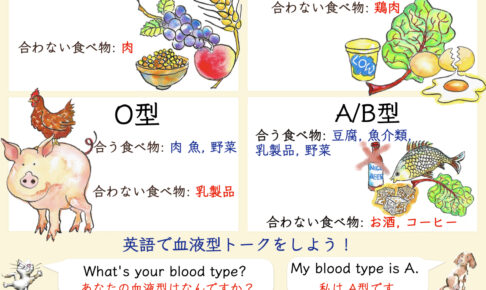
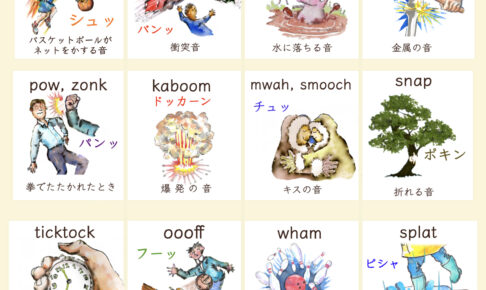
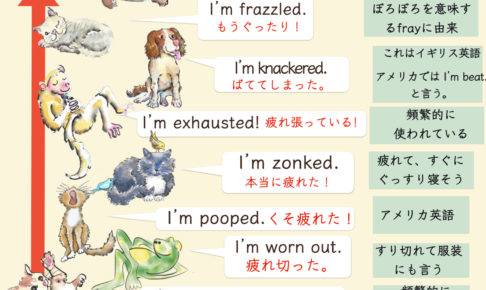
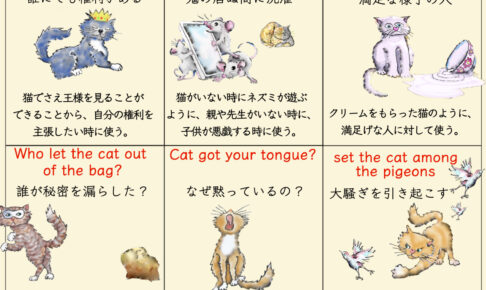




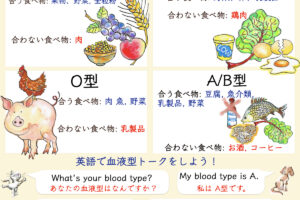
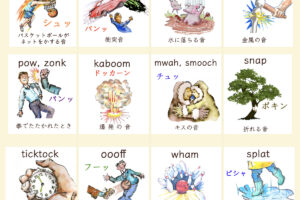
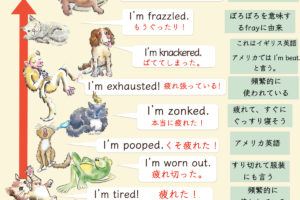
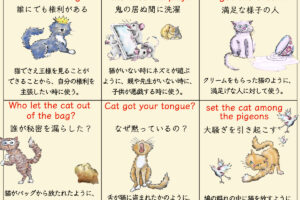
Hi Luke, thanks for your meaningful articles always!
Sorry, I’ve found a mistake in this part:
「I injured my knee.(背中を怪我した)」
“Knee” means “膝”, oh no!(^_^;)
You must be tired, please try not push yourself, and try have a good sleep and rest well!
I have friends both of an American and a British.
So I’m even more looking forward to learning English of both American and British here also from now!(^_-)-☆
Thanks for letting me know! I change it to 膝.
Thanks for your first reply and speedy response!(´艸`)
But also I mistakenly wrote my “name”!Σ(0 0)
Even so, I’ve still had “fun” your this site!(^_^;)
Good luck at work from now, Luke!p(^_^)q
こんにちは。
もうひとつ、日本語訳の間違いがありますよー。
She sprained her wrist yesterday, so I’ll do the housework.
昨日彼女は手首を捻挫したので、代わりに家事をした。
昨日彼女は手首を捻挫したので、私が代わりに家事をする。
Thank you. I’ve changed that example sentence as well, Much appreciated!
Hi Luke,
thank you for your useful articles! I enjoy reading them very much.
This article was especially helpful, since I often struggle explaining different kinds of injuries.
Thank you again and please keep up the good work for all of us. Have a nice day!
Hi Luke! One question-
“I tore my achilles heel ten years ago when I was playing badminton” .
Do you say ten years ago for “10年ぶり”? I thought we should say something like “for the first time in 10 years”.
Thanks for pointing that out! You are right. Sometimes I don’t use ぶり properly.
こんにちは
いつも楽しく見ています。
I tore my achilles heel ten years ago when I was playing badminton.
10年ぶりにバドミントンをしたらアキレス腱が切れてしまった。
↑訳違いますよね???
10年前???
お時間あるときにでも、よろしくお願いします♪
Thank you for your help. Sorry there are so many mistakes this time.
Hi, Luke! I really like your blog!
I have a question.
When you say “I fractured my leg skiing.”, don’t you need to put “from” before skiing. I would say “I fractured my leg from skiing.”
Japanese readers shouldn’t point out Luke’s Japanese.it’s not necessary to at least understand English. You guys are so picky with Japanese!
日本人の読み手はLUKEの日本語の指摘をすべきではありません。少なくとも英語を理解しているなら。日本語にうるさすぎ!
I don’t think so because it’s good to know mistakes for both readers and Luke.
injureですべて片付けてたわたしw
はずかしい